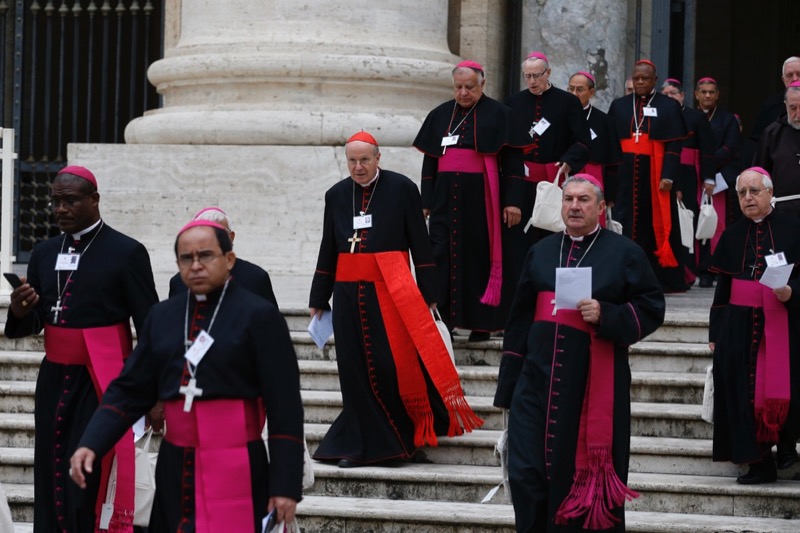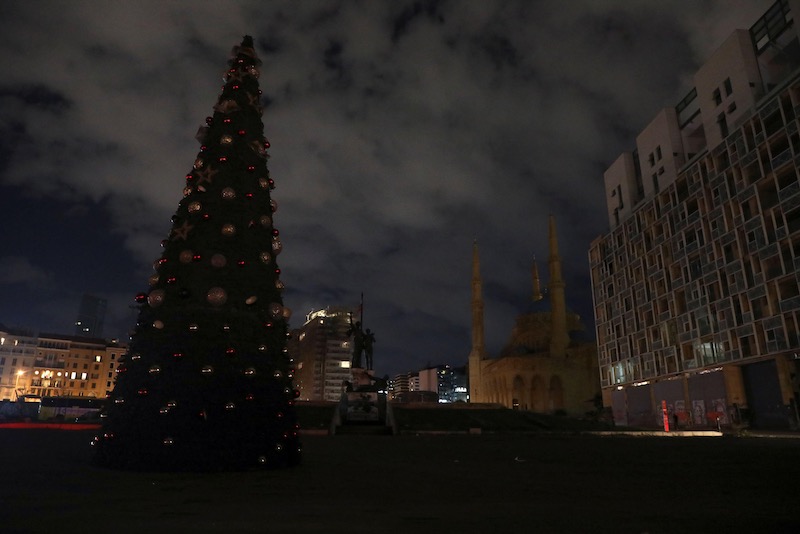Christians in Lebanon have been looking to the true meaning of Christmas to find support and comfort amid the deepening two-year economic crisis, which has upturned the lives of residents and seen the local currency depreciate by 95 per cent.
For the Christian community, strained by the rising cost of living, widespread unemployment, and minimal state assistance, the economic depression has threatened a Christmas of austerity and deprivation. Described by the World Bank as one of the worst financial downturns globally since the 1850s, living conditions have collapsed with shortages of medicine, fuel and food stuffs.
A decision by Lebanon's cash-strapped state to cease subsidising essential goods caused chaos, with residents regularly undergoing hours-long power outages and petrol rationing. The government, dogged by infighting and systemic corruption, has failed to stem the crisis.
Shopkeeper Mariam Chehaby told The Tablet how despite there being less food on the table and presents to give this year, the message of the festival prevails.
“Christmas is Christmas, even though we are now poor. And the Christmas spirit, the spirit of Christmas is existing now and forever,” the 30-year-old said from her clothes shop in Geitawi, a characteristically Christian quarter of east Beirut.
“Even if we cannot afford to eat meat, it is ok because Christmas is being with the family, [and] going to church. Even if you are not making money, even if you are not having gifts, the spirit of Christmas like compassion and love, it will be enough for us, us Lebanese.”
Since October 2019 when the economy began to crumble, food prices have jumped 576 per cent, according to the World Food Programme. The astronomical level of inflation has left one in five families, like Chehaby’s, struggling to put food on the table.
One butcher in Geitawi was selling a kilogram of beef for 260,000 Lebanese pounds, the equivalent of $173 at the Central Bank’s official exchange rate. The butcher said he was forced to double the price in the space of only a few weeks, following the freefall of the pound against the US dollar on the parallel market, which dictates the street price of goods.
The monthly minimum wage of 675,000 Lebanese pounds is now worth just $25 at December parallel market rates, having been worth $450 two years ago. It has crippled the once middle-income country, with three-quarters of the population now in poverty, according to a recent UN report.
Lebanon holds the highest ratio of Christians per capita in the Arab world, estimated at around 36 per cent of the 6.8 million population. It is home to 12 sects, with the largest being Maronite Catholics. Other groups include Greek and Armenian Orthodox, Greek Melkites, and Syriac Orthodox.
Maronite Catholic Nadine Nader, who runs a toy shop with her husband Joseph, said this year Christmas will be more special, considering the mammoth explosion in Beirut that destroyed swathes of the capital, and has left many still dealing with the trauma 17 months on.
“Because the situation is difficult, people will return to the Christmas meaning. In past years, with all the feasting, the dressing up, and the parties, people forgot the real meaning of Christmas,” the mother-of-four told The Tablet.
“But now, with all the daily stresses like the coronavirus, the food and medicine shortages, we go back to our prayer.”



 Loading ...
Loading ...